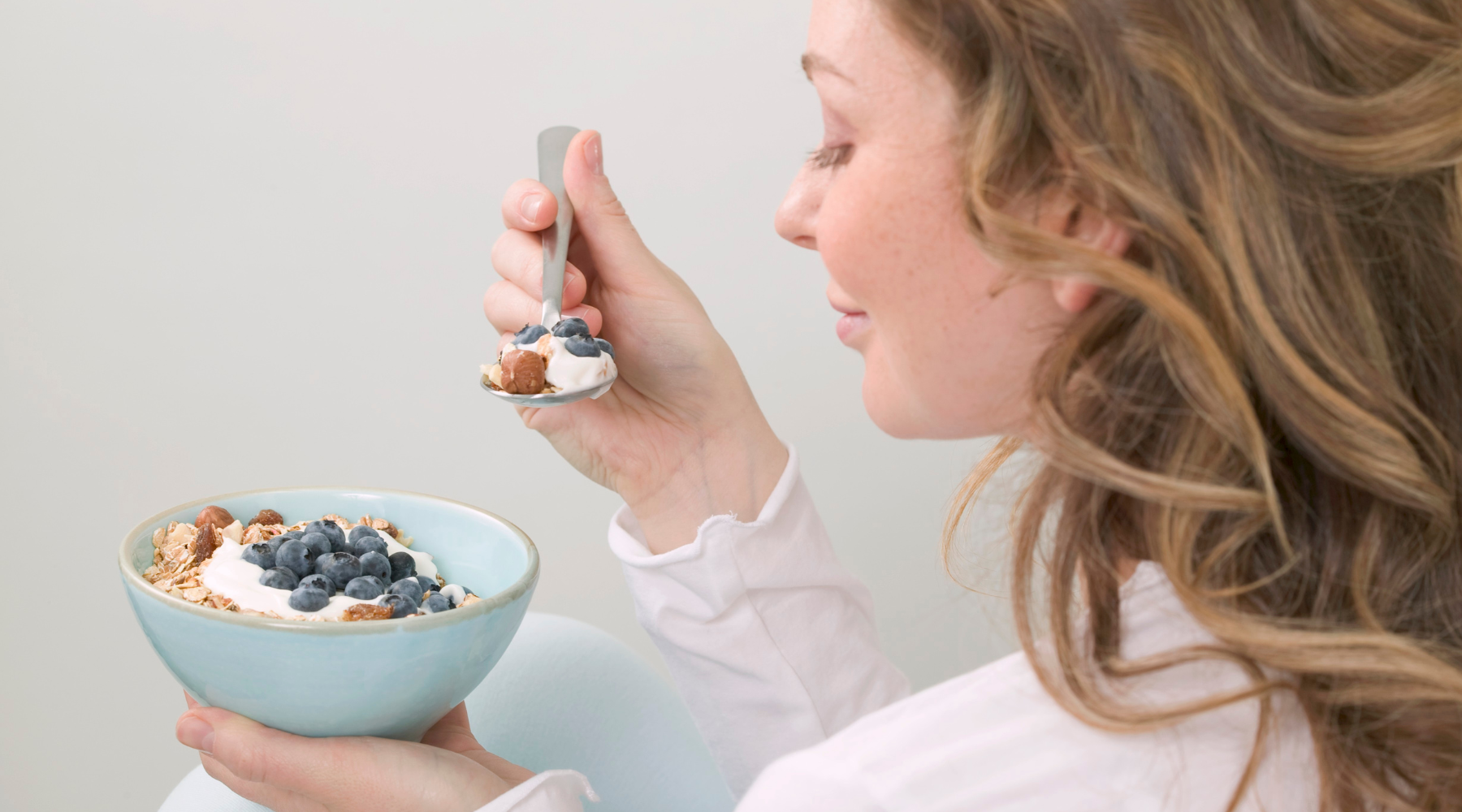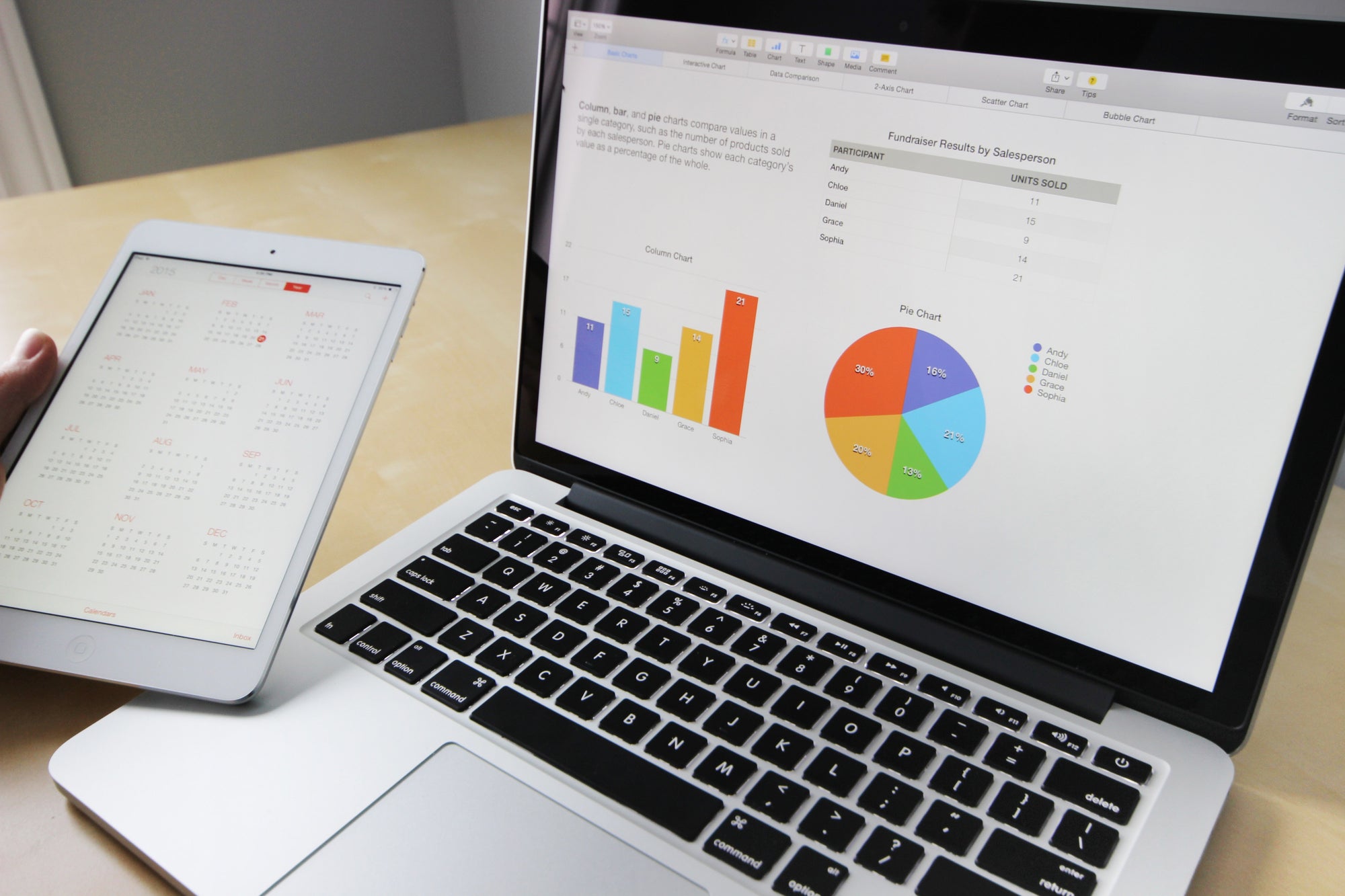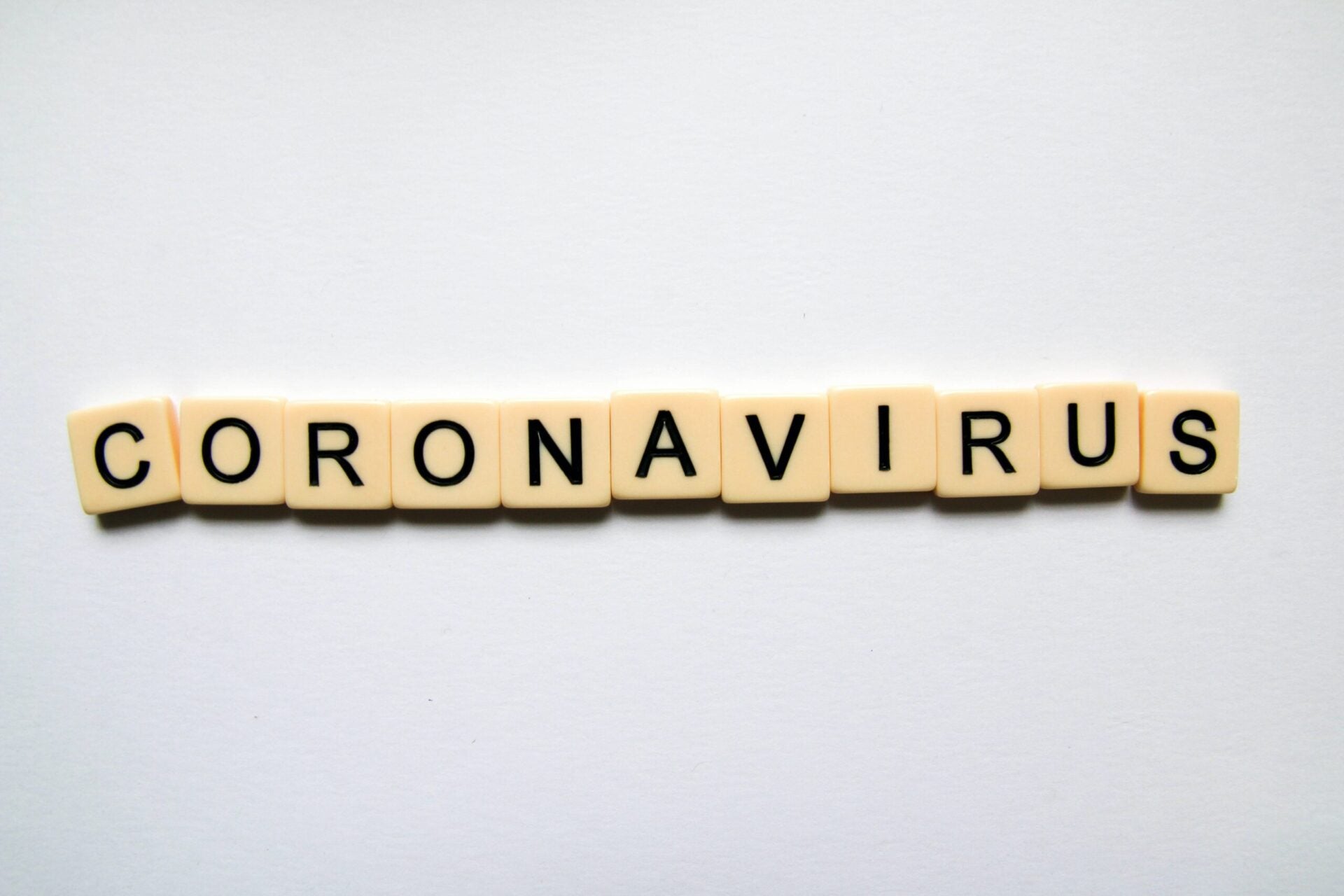Bloggin Noggin

Brain Health
No Joke: Is laughter important for our brain health?
Is there anything better than laughing with your closest friends, or when watching your favourite comedian, or when your kid says something hilarious?

Brain Health
7 Foods That Boost Your Brain Power
Recent research has shown that our midlife brain health indicates the future of our cognitive function as we age, so during perimenopause and beyond, it couldn't be more crucial to nurture our body and mind from the inside out.

Brain Health
5 Famous women living with Multiple Sclerosis
With an estimated 2.8 million people living with Multiple Sclerosis (MS) every year, it's no surprise that there are a number of famous people who have MS and have spoken publicly about their diagnosis and experience.

Brain Health
What is MS, and how does it affect you?
150,000 people in the UK have Multiple Sclerosis (MS), and it affects around two and half times more women than men. MS is a chronic illness that impacts the central nervous system, primarily the brain and spinal cord. Understanding MS can help with early detection, diagnosis and treatment, so let's take a look:

Brain Health
You asked, we listened
How do I know Oomph is working? What can I expect? When will I feel the difference?
What we spend our hard earned money means a lot at the moment. It’s understandable we only want to invest in things that we need, will help us and do what they say.
At Noggin we’ve been listening to your questions and we are helping get the answers you need so you can trust that your investment in our products will be worth it.

Brain Health
Do brain focus supplements work?
There are times when we all struggle to concentrate. Whether it’s grappling with something particularly taxing at work, trying to do your best in an exam or just feeling overwhelmed by everything on the to-do list and thus not knowing where to start. Times like this may have you searching for something to give your brain a boost.

Brain Health
Covid 19 and Brain Health - how a global pandemic has impacted brain health.
The Global Council on Brain Health has published its report on some of the impacts that Covid 19 has had on brain health AND what we can do to look after the brain health of the most vulnerable as we move into the next stage of this pandemic.
Looking after our brain health has never been so important.

Brain Health
Brain Healthy Choices
On this International Women's Day, I choose to challenge that we have to accept the brains we have...
For us at Noggin TBP, Brain Health is personal.

Brain Health
Ways to keep your brain busy in Winter
Keeping our brains busy with new hobbies can help our well being.
Whether it is playing music, writing or trying a different place to go for yet another walk, small things can make a difference to how we feel. Here's why.

Brain Health
How Are You Feeling?
Seriously. how do you feel?
This Children's Mental Health Week, we want to think about answering this question.
Mindfulness and some brain health basics can help us recognise and support each other's emotional health.

Brain Health
The Power of a Simple Hug on Brain Health
We’ve blogged before on the importance of giving your brain a break and when it comes to simple ways to feel better hugs can really do the trick.
Here at Noggin, we love hugging and we miss the physical contact with friends and family and hugging is one simple act which many of us are unable to do presently, due to Covid.
Read on to understand how a simple act can change your brain and physical chemistry.
When it comes to hugs, the chemical we need to know about is Oxytocin.
Oxytocin the so-called "love hormone" is being increasingly shown to trigger a wide variety of physical and psychological effects in humans.
The hormone's influence on our behaviour and physiology originates in the brain, where it's produced by the by a structure called the hypothalamus, and then transfers to the pituitary gland which releases into the bloodstream.
The presence of oxytocin actually speeds the physical healing of wounds. Studies have shown that even a brief touch of the hand from someone who cares can start your oxytocin pumping which is a good sign.
When you offer a comforting hug to someone in pain, or you’re on the receiving end of one, you not only begin the healing process, you also allow your body to shut down memories of the painful stimulus.
Oxytocin encourages us to warm up to others and creates a sense of safety. A number of scientific studies have conveyed positive findings on the benefit of both giving and receiving hugs, especially when there has been a conflict.
Oxytocin production ramps up when we're touched by another caring human. This is because our bodies are made to provide and respond to physical comfort, so next time you see someone in pain or feel as if the world is crumbling around you, open yourself to a hug.
A 2018 study of 400 people over a two-week period found that that receiving a hug following a conflict can help with squelching those bad feelings.
We know 2020 has been the cause of hug deficiency for many of us but better times are ahead - for now, hug your pet, those close to you, or even hug a tree - it works!
Keep Well
Dr Clara Russell

Brain Health
Give a Fig about your Brain Health this Festive Season
The big figs of brain health – four foods you might not associate with brain health.
With winter upon us, it’s so tempting to reach for comfort foods to snack on and big carb laden dinners to feel cosy with and
if you feel the need to balance out any food indulgence over the coming weeks during the festive period, try some of these recommendations.
You can enjoy them on their own or cook or bake with them.
Figs
Figs are high in natural sugars, minerals and soluble fibre, rich in minerals including potassium, calcium, magnesium, iron and copper and are a good source of antioxidant vitamins A and K that contribute to health and wellness. So whether you enjoy them paired with cheese or tossed in salad, figs are a surprising health booster. Unsure how to prep, store or consume them? The BBC has this helpful page dedicated to figs and I think we’ll be having the healthy winter salad soon here at Noggin HQ.
Bananas
The banana is a food genius and we’ve blogged about our love of bananas before.
The average banana has about 100 calories and is loaded with potassium and fibre and contains zero fat.
Bananas also boast tryptophan and 30 percent of your day’s vitamin B6, which helps the brain produce mellowing serotonin so you get through the day with less stress.
Avocadoes
Whilst we are raving about bananas, let’s also respect the avocado. This creamy fruit contains 60 percent more potassium per ounce than bananas and is an excellent source of heart-healthy monounsaturated fat. They’re rich in plant sterols, which have been shown to lower cholesterol. Pop some avocado in your green juice and blend for a creamy consistency or why not try this recipe for chocolate mousse, made with avocadoes. Finally, if you add some avocado slices to a sandwich, the fat will slow the digestion of the bread, which will in turn ease the impact it has on your blood sugar levels.
Celery
Low in calories and high on the chew factor, celery is a good source of potassium, a mineral that aids muscle function and offsets some of sodium’s damaging effects on blood pressure. And phytochemicals in celery help destroy benzopyrene, a carcinogen that occurs in foods cooked at a high temperature. You can also add celery to your green juices and to soups and bolognaise sauces.
Keep Well
Dr Clara Russell






